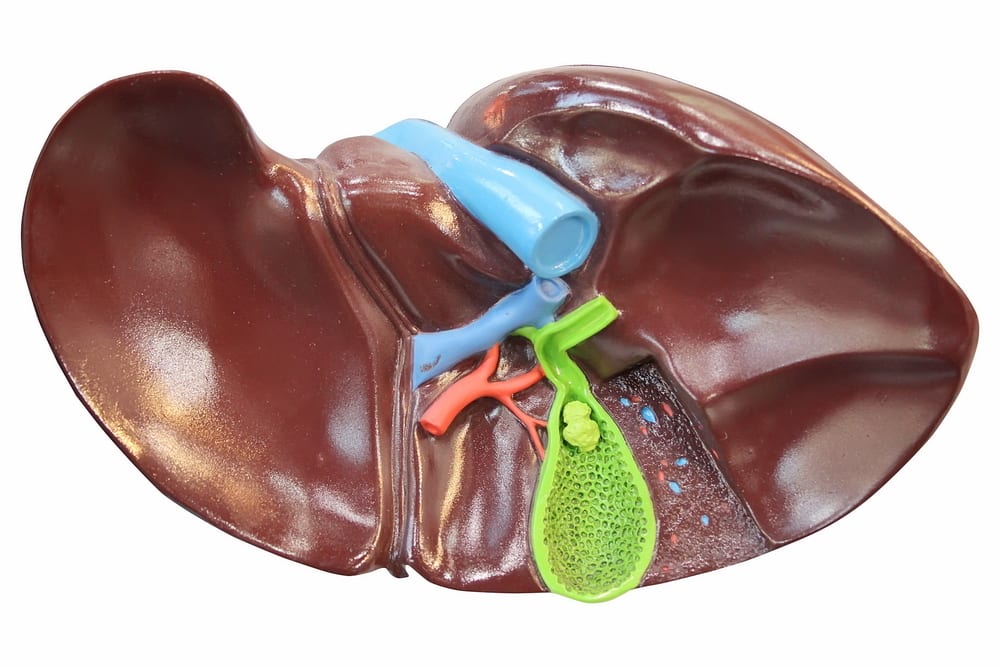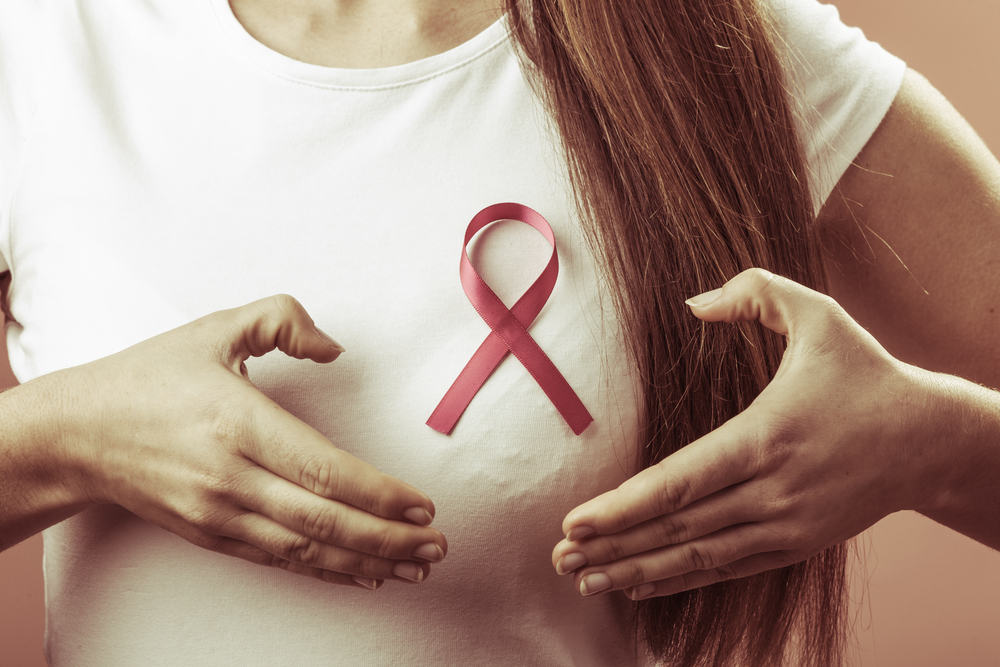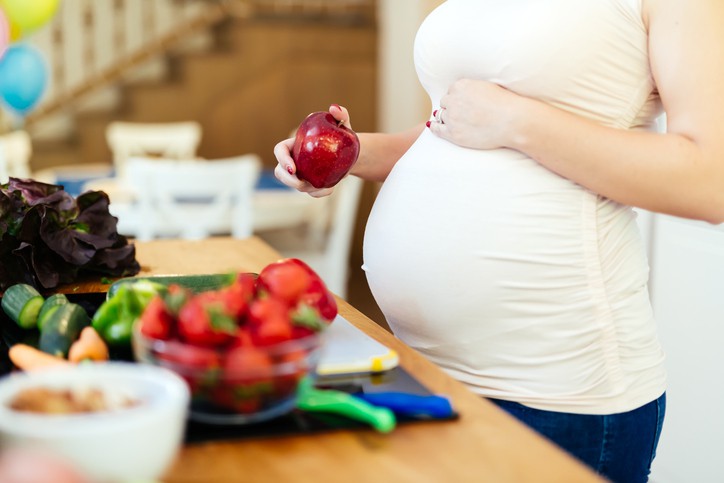Contents:
- Medical Video: Treatment Options for Colon Polyps | UCLA Digestive Diseases
- What can be done to prevent colon cancer
- 1. Cancer screening as early as possible
- 2. Genetic tests, especially for people who have a history of cancer in the family
- 3. Nonsteroidal anti-inflammatory drugs (NSAIDs)
- 4. Changes in diet and supplement intake
Medical Video: Treatment Options for Colon Polyps | UCLA Digestive Diseases
Like most other cancer cases, not much is known about the exact causes of colon cancer. But there are a number of factors that can increase your risk for cancer, such as a family history of cancer, being overweight, smoking, and eating a diet high in fat and low in fiber. There is no proven way to prevent this disease completely, but there are steps that can be taken to reduce your risk. What are some things that can be done to prevent colon cancer?
What can be done to prevent colon cancer
1. Cancer screening as early as possible
Screening is the process of examining cancer or pre-cancer in people who do not experience symptoms of this disease. Regular colorectal cancer screening is one of the strongest weapons to prevent colon cancer.
Since abnormal cells first begin to grow as colorectal polyps, it usually takes around 10 to 15 years for him to develop cancer. This is where the role of routine screening to completely prevent colon cancer in most cases. This is because most polyps can be found and removed before they have a chance to turn into cancer. Screening can also have an impact on the discovery of colorectal cancer earlier, when the disease is still very likely to be fully cured.
2. Genetic tests, especially for people who have a history of cancer in the family
If you have a history of colorectal polyps or cancer in the family, you should consult a doctor. Derivative cancer from close relatives (first level) such as parents, siblings, and younger siblings is the most worrying, but cancer in distant relatives is also important. You can benefit from genetic counseling to review your family's medical history to see how likely you are to have cancer risk. Counselors can also help you determine whether a gene examination is right for you. People who have gene disorders can take action to prevent colon cancer, such as undergoing screening at a young age or even surgery.
3. Nonsteroidal anti-inflammatory drugs (NSAIDs)
Several studies have shown that aspirin and other painkillers (NSAIDs) can reduce the development of polyps in people with a history of colorectal cancer or polyps. However, it should be understood that regular consumption of NSAIDs that are unnecessary can cause major side effects, including gastric wall bleeding and blood clots that cause strokes or heart attacks. Consult your doctor regarding the risks and benefits of aspirin.
4. Changes in diet and supplement intake
A diet high in fat and low in fiber is reported to be one of the important factors in increasing cases of colon cancer in Indonesia. Expand your diet with fresh fruits and vegetables, and try to reduce the consumption of red meat as much as possible to help reduce the risk of colon cancer. Some studies also found that people taking calcium and vitamin D supplements had a lower risk for colorectal cancer.
Hello Health Group does not provide medical advice, diagnosis or treatment.












